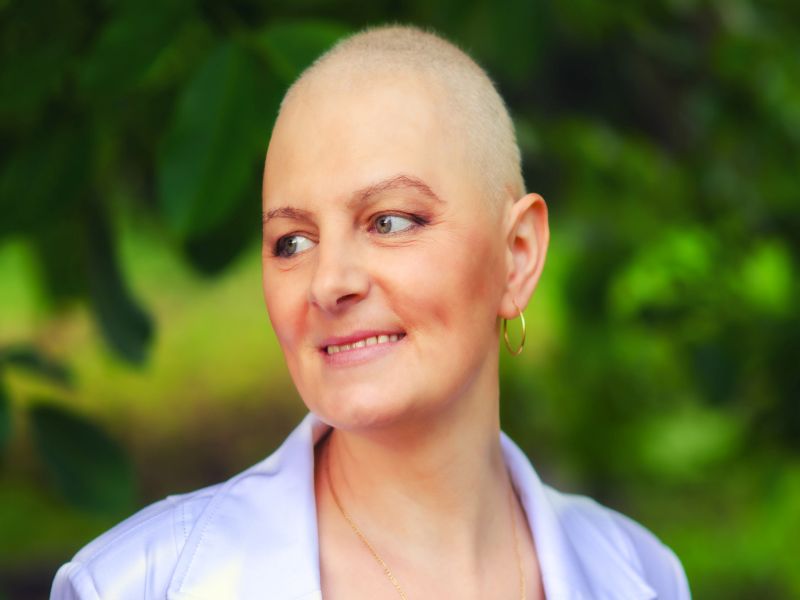Chemo Drug Shortages Have Little Effect on Cancer Care: Study

THURSDAY, April 11, 2019 (HealthDay News) -- Cancer drug shortages don't appear to have a significant impact on chemotherapy treatment in the United States, according to a new study.
"These findings are surprising in light of the substantial media and policy attention that the cancer drug shortage problem has garnered," said study co-author Mireille Jacobson. She's an associate professor of gerontology at the University of Southern California.
Jacobson and her colleagues reviewed Medicare data on more than 2.4 million claims for chemotherapy between 2004 and 2011.
The claims were from more than 182,000 patients newly diagnosed with seven common cancers: breast, colon, leukemia, lung, lymphoma, ovarian and pancreatic.
One claim in three was for drugs affected by shortages during the study period.
The percentage of patients receiving treatment with six drugs -- including fluorouracil, doxorubicin and cytarabine -- declined, but the use of 32 other cancer drugs was unaffected or increased during shortages.
Researchers also found that dosages declined for only a few of the drugs during shortages, according to the study published April 8 in the journal Clinical Pharmacology & Therapeutics.
Even among the most common chemotherapy drugs, almost no changes in treatment occurred during shortages.
Researchers pointed out that while drug shortages may not have affected treatment, they may have had personal and mental health consequences not assessed in the study.
Nationwide, the number of prescription drug shortages rose from 71 in 2005 to 255 in 2011. Shortages of cancer drugs more than doubled during that time.
One possible explanation for the findings is that most cancer drug shortages are effectively managed to minimize effects on treatment, according to the researchers.
"Although a shortage may reflect a complete disruption of production, providers may be able to draw from existing inventories, purchase from providers who have higher projected inventory, or stockpile in advance if a shortage is anticipated," Jacobson said in a USC news release.
Another possible explanation is that rapid or timely production increases -- sometimes at the request of the U.S. Food and Drug Administration -- may have limited the impact of shortages on chemotherapy treatment.
More information
The American Cancer Society has more on chemotherapy.

The news stories provided in Health News and our Health-E News Newsletter are a service of the nationally syndicated HealthDay® news and information company. Stories refer to national trends and breaking health news, and are not necessarily indicative of or always supported by our facility and providers. This information is provided for informational and educational purposes only, and is not intended to be a substitute for medical advice, diagnosis, or treatment.

